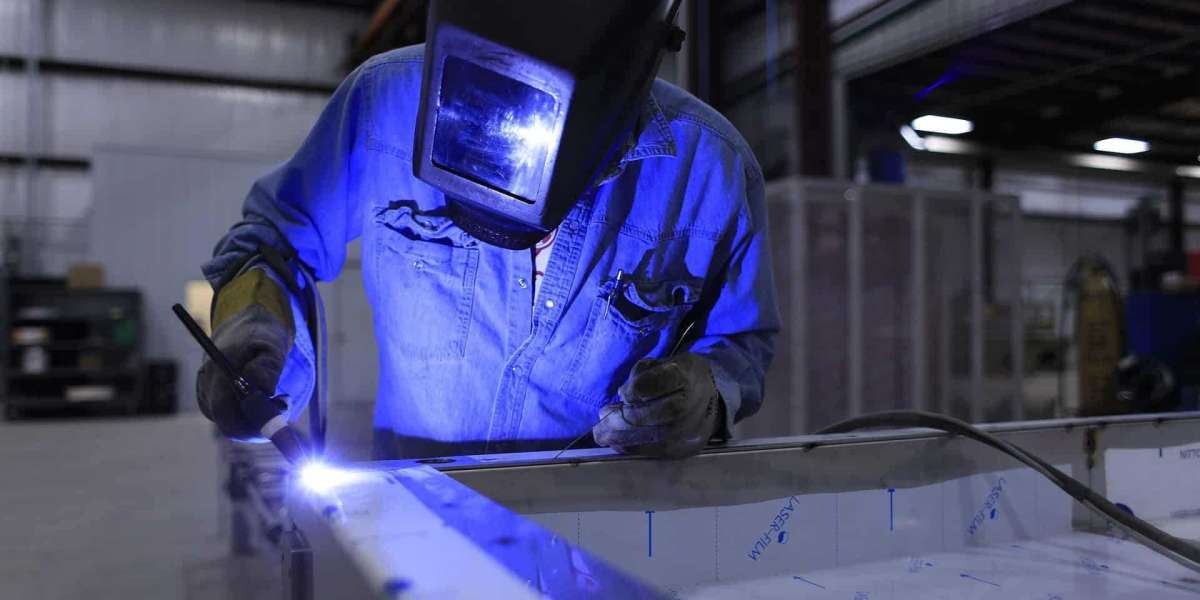Selecting the right gasket is crucial for ensuring leak-proof sealing in industrial applications. When it comes to chemical resistance, high durability, and temperature tolerance, PTFE envelope gaskets and full PTFE gaskets are two common choices.
What Are PTFE Envelope Gaskets?
PTFE envelope gaskets consist of a core material, such as rubber or fiber, enclosed within a thin layer of PTFE. This combination provides the flexibility and strength of the core material while benefiting from PTFE’s excellent chemical resistance. PTFE envelope gaskets manufacturers offer different core materials and thicknesses to suit various applications.
What Are Full PTFE Gaskets?
Full PTFE gaskets are made entirely of PTFE material, without any core. They provide superior resistance to harsh chemicals and high temperatures, making them ideal for extreme industrial conditions. Unlike PTFE envelope gaskets, these gaskets lack the added flexibility of a core material.
Key Differences Between PTFE Envelope Gaskets and Full PTFE Gaskets
Chemical Resistance
Full PTFE gaskets offer complete chemical resistance since they are entirely made of PTFE.
PTFE envelope gaskets provide good chemical resistance but depend on the core material’s compatibility with the application.
Flexibility Strength
PTFE envelope gaskets are more flexible due to their core material, allowing them to conform to uneven surfaces.
Full PTFE gaskets are rigid and may not seal as effectively on irregular surfaces.
Temperature Resistance
Full PTFE gaskets can handle extreme temperatures without degradation.
PTFE envelope gaskets have temperature limits based on the core material.
Durability
Full PTFE gaskets last longer in aggressive environments due to their resistance to chemicals and heat.
PTFE envelope gaskets provide durability but may wear faster in extreme conditions.
Cost Considerations
Full PTFE gaskets are more expensive due to their high-performance material.
PTFE envelope gaskets are cost-effective while still offering chemical and temperature resistance.
Applications of PTFE Envelope Gaskets
Industries that require both flexibility and chemical resistance often choose PTFE envelope gaskets. Common applications include:
Chemical Processing – Provides resistance to corrosive chemicals while maintaining a strong seal.
Food Beverage Industry – Ensures a sanitary sealing solution.
Pharmaceuticals – Used in medical equipment where chemical resistance is needed.
Petrochemical Industry – Handles various fuels and solvents without degradation.
Applications of Full PTFE Gaskets
For extreme conditions where only PTFE can withstand the environment, full PTFE gaskets are the better choice. They are commonly used in:
Highly Corrosive Chemical Processing – Resists even the most aggressive chemicals.
High-Temperature Environments – Performs well in steam and high-pressure applications.
Aerospace and Marine Industry – Used where exposure to extreme conditions is frequent.
PTFE Envelope Gasket Specification
When selecting PTFE envelope gaskets, consider the following factors:
Core Material – Choose from rubber, fiber, or metal based on the required flexibility.
Envelope Thickness – Thicker PTFE layers offer better protection against chemicals.
Temperature and Pressure Ratings – Ensure the gasket meets the specific requirements of the application.
Which One to Choose?
Choose PTFE Envelope Gaskets if you need a balance of flexibility, chemical resistance, and cost-effectiveness.
Choose Full PTFE Gaskets if you require maximum chemical resistance and durability for extreme conditions.
Conclusion
Both PTFE envelope gaskets and full PTFE gaskets serve important roles in industrial sealing applications. The choice depends on the required flexibility, chemical exposure, temperature conditions, and budget. Working with trusted PTFE envelope gaskets manufacturers ensures access to the right gaskets that meet industry standards. By understanding the PTFE envelope gasket specification, industries can make informed decisions for their sealing needs.








